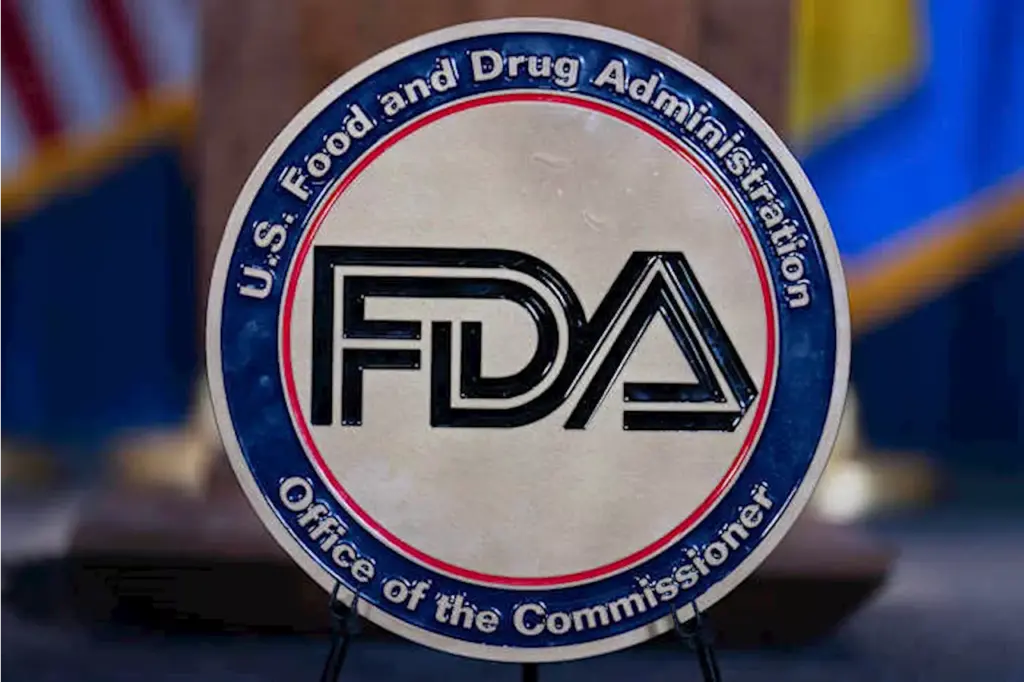
The FDA has approved a generic version of mifepristone, a key medication used in abortion procedures, a decision that has generated significant political backlash. This approval, granted to Evita Solutions, comes amid ongoing debates regarding access to abortion and evolving state regulations, particularly in Wyoming, where recent legislation has limited abortion services.
On March 10, 2025, a photo illustration depicting mifepristone and misoprostol was taken at the Wellspring Center, Wyoming’s sole abortion clinic. This image signifies the changing landscape of reproductive healthcare access in the state, particularly after the conservative Wyoming legislature passed bill HB42. This legislation requires abortion clinics performing in-clinic procedures to comply with strict regulations similar to those governing ambulatory surgical centers. Consequently, the Wellspring Center has temporarily suspended all abortion services.
The timing of the FDA’s approval is critical, as it follows a review of mifepristone’s safety initiated by HHS Secretary Robert F. Kennedy Jr. at the request of a coalition of Republican states. The FDA had previously approved a generic version of mifepristone in 2019, but the recent approval for Evita Solutions marks another significant step. The agency found that the new tablets are “therapeutically equivalent” to the brand-name version, Mifeprex, first introduced in 2000.
According to Andrew Nixon, a spokesperson for Health and Human Services, the FDA is legally required to approve applications for generic drugs that meet established criteria. White House Press Secretary Karoline Leavitt reiterated that the FDA’s decision was a compliance with legal standards rather than an endorsement of the drug itself.
Political reactions have been swift and divided. Sen. Josh Hawley (R-MO) publicly criticized the FDA, expressing a loss of confidence in its leadership. He stated that the agency had assured a thorough safety review but instead opted to approve additional versions of the drug.
In contrast, Sen. Bill Cassidy, Chairman of the Health, Education, Labor, and Pensions Committee, characterized the FDA’s action as a “betrayal.” He expressed his disappointment on social media, emphasizing his support for former President Donald Trump’s Pro-Life, Pro-Family agenda while condemning the FDA’s decision.
This complex interaction between regulatory bodies, pharmaceutical companies, and political actors underscores the ongoing national debate over abortion access. The FDA’s approval of the generic mifepristone, along with the responses it has garnered, illustrates the intricate relationship between healthcare regulations and political ideologies surrounding reproductive rights.
As the discussion evolves, the implications of the FDA’s decision on facilities like the Wellspring Center and broader abortion access remain a focal point in the United States. This development highlights the significant challenges and complexities that reproductive healthcare providers face in navigating an increasingly regulated environment. The reactions from various political figures reflect the deep divisions that persist regarding abortion issues and the ongoing discourse surrounding reproductive healthcare.






